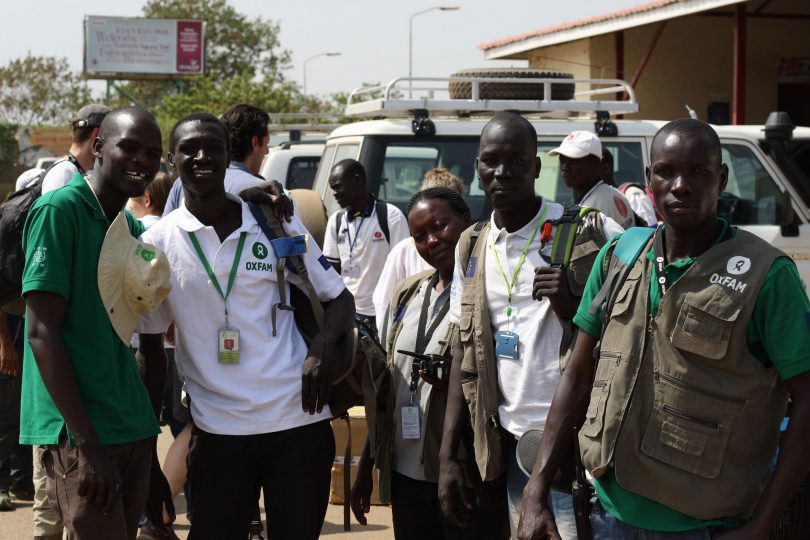Some interesting research on the Washington Post Monkey Cage blog examines the barriers to evidence-based policy in developing countries.
A fascinating article on Devex highlights historical trends in public opinion about aid in the United States.
Annmaree O’Keeffe offers some insightful remarks on the “totally preventable catastrophe” that is the cholera epidemic in Yemen.
The latest edition of the Aid Worker Security Report, which compiles statistics on major incidents of violence against aid workers, finds the number of attacks in 2016 remained steady as compared to 2015. Chapter 2, which presents excerpts from interviews with representatives of Al Shabaab, the Taliban, and Haqqani Network about how they view aid organisations, is particularly interesting.
A new article published in PLoS ONE presents an updated cost-effectiveness analysis of 93 health interventions in low- and middle-income countries.



Leave a Comment